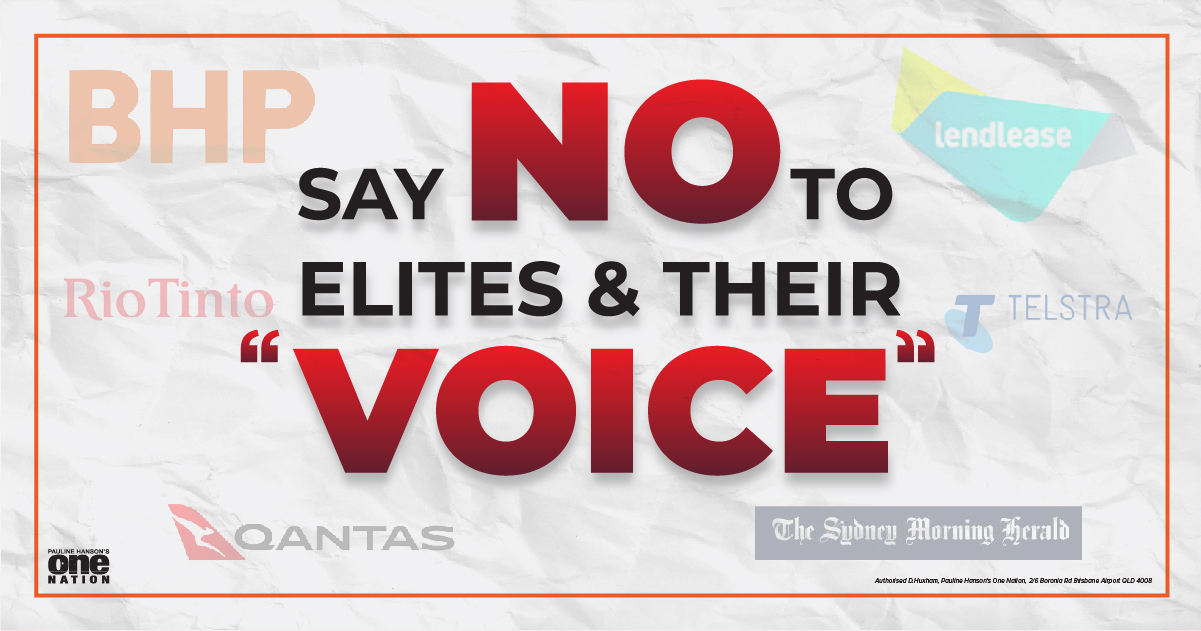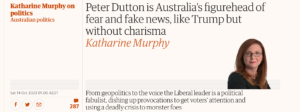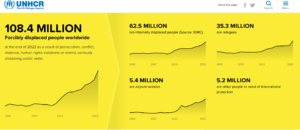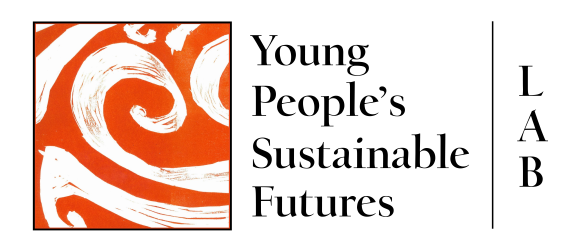
We shall overcome because the arc of the moral universe is long but it bends toward justice.
Dr. Martin Luther King Jr., Remaining Awake Through a Great Revolution. Speech given at the National Cathedral, March 31, 1968.
Or does it?
Nearly 60% of the Australian population found it easier on October 14, 2023 to say No than Yes to a question that would establish an advisory body of First Nations people in the constitution.
A small step of recognition on a longer, more difficult journey of reconciliation and justice.
A journey of a thousand miles begins with a single step
Chapter 64 of the Dao De Jing
But what if you can’t or won’t take the first step?
Meanwhile…Hamas slaughters Israelis
Meanwhile…Israelis slaughter Palestinians
Meanwhile…Russia’s murderous invasion of Ukraine continues
Meanwhile…‘Armed conflicts in Mozambique, the Democratic Republic of Congo, and the Sahel continue to destabilize countries and regions, exacerbating humanitarian needs and political crises. Democratic backsliding continues, with insurgencies, insecurity, and weak governance having led to military coups in Burkina Faso, Mali, Guinea, Chad, and Sudan’. (CSIS 2023)
Meanwhile…the rise of far-right extremism – fuelled by white supremacy, racism, antisemitism, hatred of LGBTQI+ identities, migrants, refugees,…(pick a target and punch-down), and enabled by ‘bullshit’, voter suppression and anti-democratic processes – continues apace in high, medium and low-income economies. (The Lowy Institute 2022)

Meanwhile…

Meanwhile…
the business of business goes on. Taking advantage of the ecological crisis, inflation, and surging energy prices, the five big oil companies—Exxon, Chevron, Shell, BP, and Total Energies—made a profit of $195 billion last year.
the luxury cruise ship Icon Of The Seas—five times the size of the Titanic and with room for more than 5,000 passengers—is expected to set sail next January.
there are more airplanes in the sky than ever before (with soccer star Neymar boarding a private Boeing 747 flight from Paris to Saudi Arabia).
Danish architect Bjarke Engels is cooperating with Crown Prince Mohammed bin Salman in the process of creating a highly futuristic project in the Saudi Arabian desert. In a video commercial for the project, a soft voice tells viewers: “We can elevate life because we have a blank canvas. This is not business as usual. This is the new future. This is NEOM.
As Mikkel Krause Frantzen (2023) suggests, these sorts of ‘examples show that capital is busy building its own utopias amid the dystopian reality of the climate endgame’.
The Illusion of Human Progress
This blog is about trying to think about what the vast amount of evidence – that continues to pile up as the first quarter of the 21st century winds down – of humankind’s history of seemingly endless capacity for irrationality, greed, violence, hatred, intolerance, prejudice, and bigotry, and continued inaction in the midst of the crises of climate, mass extinction and capitalism, means for the very idea of human progress and the suggestion that it bends towards justice.
What follows draws on a chapter – Neo-Liberal Capitalism and the War on Young People: Growing Up with the Illusion of Choice and the Ambivalence of Freedom – in Young People and the Politics of Outrage and Hope, a collection that I edited with colleagues.
In his The Future of an Illusion, a short book that provides a psychoanalytic reading of religions and their attractiveness to humans, the roles that they play in human meaning making, Sigmund Freud (2004 [1927], 38-39) argued that:
An illusion is not the same as an error, nor is it necessarily an error…In other words, we refer to a belief as an illusion when wish-fulfilment plays a prominent role in its motivation, and in the process we disregard its relationship to reality, just as the illusion itself dispenses with such accreditations…
If, armed with this information, we return to the teachings of religion, we may say again: they are all illusions, unverifiable…Some of them are so improbable, so contrary to everything we have learnt so laboriously about the world, that…they can be likened to delusions.
I encountered Freud’s words in John Gray’s (2014) The Silence of Animals: On Progress and Other Myths. Gray is a prolific author, a former Professor of Politics at Oxford, and a political philosopher who is deeply skeptical about the faith that many of us invest in the possibilities of human progress.
In giving expression to this skepticism, he suggests that this faith is an illusion, hence his reference to Freud, and that the idea of human progress is mythic, a secular fiction we tell ourselves as we seek a meaningfulness to human existence.
His account of this myth-making suggests that post Enlightenment secular humanism – made real in disciplines such as philosophy and economics and psychology and sociology and feminism – shares much with many religions. Particularly at the level of making fictions that seem to fly in the face of historical evidence, even historical realities.
Gray (2014) tells a troubling story of a human history that continues to be marked by violence, wars, crises, totalitarianisms, actually existing free markets, democracies and individualisms, and a recent faith in the possibility of human perfectibility promised through the practice of reason. His telling of this history, updated for the particular globalising challenges and crises of the early 21st century, embraces Marx’s observation that History repeats itself. First as Tragedy, then as Farce.
A fundamental concern for Gray is the ways in which we continue to make fictions and elevate them to the level of illusion and myth, and continue to believe in them in the face of often overwhelming evidence to the contrary. As Simon Critchley (2013) writes in an LA Review of Books review of The Silence of Animals:
HUMAN BEINGS DO NOT just make killer apps. We are killer apes. We are nasty, aggressive, violent, rapacious hominids, what John Gray calls in his widely read 2002 book, Straw Dogs, homo rapiens. But wait, it gets worse. We are a killer species with a metaphysical longing, ceaselessly trying to find some meaning to life, which invariably drives us into the arms of religion. Today’s metaphysics is called “liberal humanism,” with a quasi-religious faith in progress, the power of reason and the perfectibility of humankind…
Critchley (2013) suggests that for Gray:
human irrationality is the thing most evenly shared in the world. To deny reality in order to sustain faith in a delusion is properly human. For Gray, the liberal humanist’s assurance in the reality of progress is a barely secularized version of the Christian belief in Providence.
In that chapter I suggested that for neo-Liberal capitalism choice and freedom are mythic.
That is, they structure the dominant stories of what it is to be human, how it is that we have become who it is that we are, what it means to grow up in the first decades of the 21st century, to imagine, to hope, what a life is, what a life can be.
These powerful illusions, and the ambivalences they produce, then divert our attention from neo-Liberalism’s undeclared war on young people.
From the consequences of the commodification and privatisation of education.
From the possibility of the permanent disappearance and precariousness of work – our main hope for an earthly salvation.
From the tragic dance of State, surveillance, in-security and freedom.
From the rise of digital machines, networks and systems – the Internet of Things – that make billions of dollars for a very few, promise a version of togetherness for many, and spawn autonomous drones, vehicles, other non-human agents and the promise of war without human causalities – at least on ‘our’ side.
From the brutality of millions of young people around the globe cast adrift as refugees and asylum seekers, sexually abused, humiliated and exploited, enslaved and forced to labour, criminalised and incarcerated, condemned, as Zygmunt Bauman (2004, p.12) argues, to live wasted lives.
Hope Against Optimism
Terry Eagleton’s (2015) Hope Without Optimism takes elegant aim at the shallowness and naiveté that characterises an optimistic disposition: a Pollyanna-erish orientation to the ambivalence and irony of the human condition that glosses the evidence of human history, as it invests heavily in the promise of human progress.
In his opening chapter – The Banality of Optimism – a sometimes withering critique of Matt Ridley’s The Rational Optimistprovides the means for Eagleton to open up the spaces in which to make explicit distinctions between human capacities for optimism and hope. For Eagleton (2015, 24):
If the past cannot simply be deleted…it is not least because it is a vital constituent of the present. We can progress beyond it, to be sure, but only by means of the capabilities which it has bequeathed us. The habits bred by generations of supremacy and subservience, arrogance and inertia, are not to be unlearned overnight. Instead they constitute an Ibsenesque legacy of guilt and debt which contaminates the roots of human creativity, infiltrating the bones and bloodstream of contemporary history and entwining itself with our more enlightened impulses.
Some would argue that a lack of faith in a human capacity for progress, a focus on the history of human irrationality, violence, illusion and myth making, a sense that what is ‘unique about the human animal’ is our capacity to ‘grow knowledge at an accelerating rate while being chronically incapable of learning from experience’ (Gray 2014, 75), appears to leave little room for the human capacity for hope, for love, for kindness, for struggle, for ‘redemption’, for some sort of meaning to human existence, that often emerges so powerfully in the moments and spaces of most despair.
But, that is a misreading of what Gray and others should provoke us to imagine. As Eagleton (2015, 5) argues:
Only if you view your situation as critical do you recognise the need to transform it. Dissatisfaction can be a goad to reform. The sanguine, by contrast, are likely to come up with sheerly cosmetic solutions. True hope is needed most when the situation is at its starkest, a state of extremity that optimism is generally loath to acknowledge.
In a recent blog – Generation Dread: Young People’s Mourning for Futures Lost – I referenced the work of Mikkel Krause Frantzen, and his discussions of what we might do in the midst of cascading crises – crises that can provoke responses of dread, despair and mourning for what we are losing, for what might have been.
Read alongside Eagleton’s argument against optimism, Frantzen’s ideas intersect with the work we have been doing at the YPSFL in relation to what we and others identify as a ‘radical politics of hope’:
This is where grief comes into contact, however tangentially, with hope. Because all is not lost, there is still something left. At the risk of oversimplifying a process that is both dialectical and complex, you start with grief, mourning what’s lost—and then comes rage, fighting for what’s left. Fighting against dystopia, fighting for utopia.
I have used this distinction between a radical politics of hope and an optimistic belief in the moral arc of the universe being bent towards justice as a means to make some sense of the evidence to the contrary that rains down on us, differently, every day. The distinction, at these times, provides some measure of what it is that we might do, even if the doing of that seems inconsequential or promises to have little impact.
But at times like this, when the need for a radical politics of hope is urgent, it is really difficult not to agree with Brandon, a young man who spoke with us in 2021 as part of the COVID-19 and Disadvantaged Young People’s Education and Employment Aspirations: A Longitudinal Study of Young People’s Transitions in Geelong project:
Honestly, where to even begin nowadays, like it is fucked!
